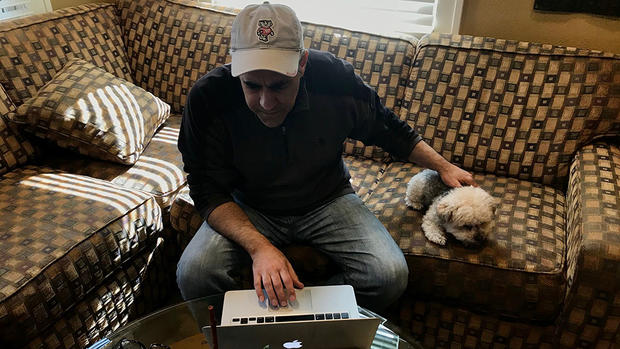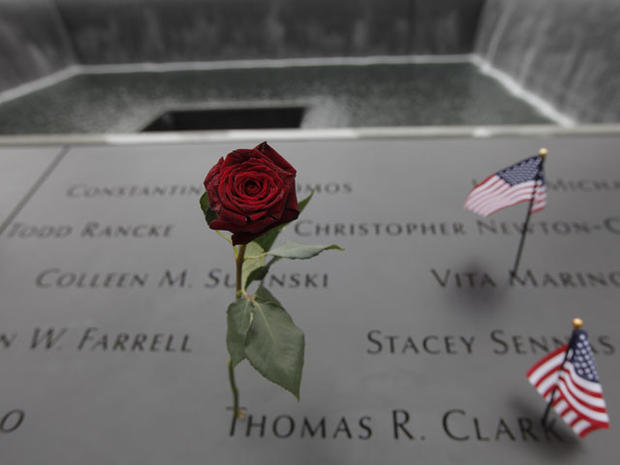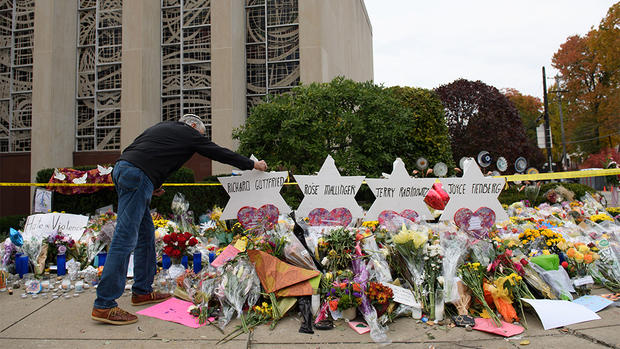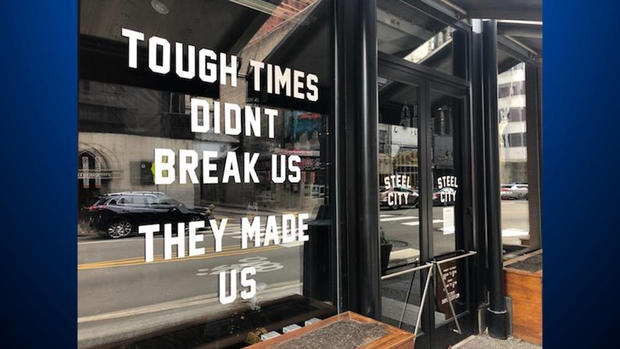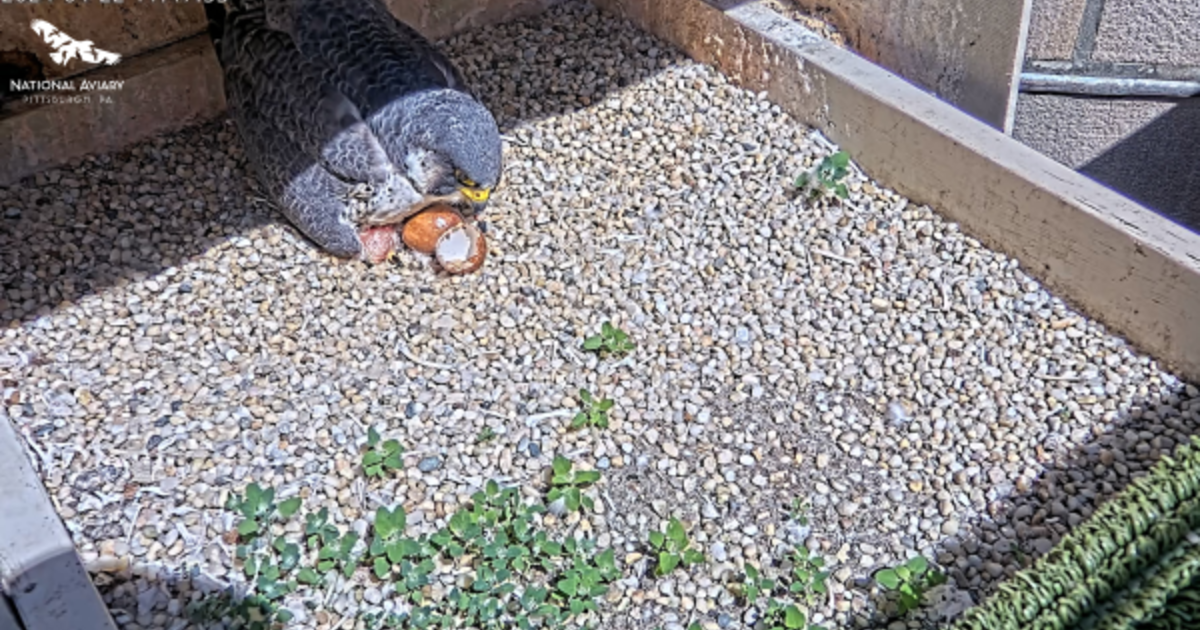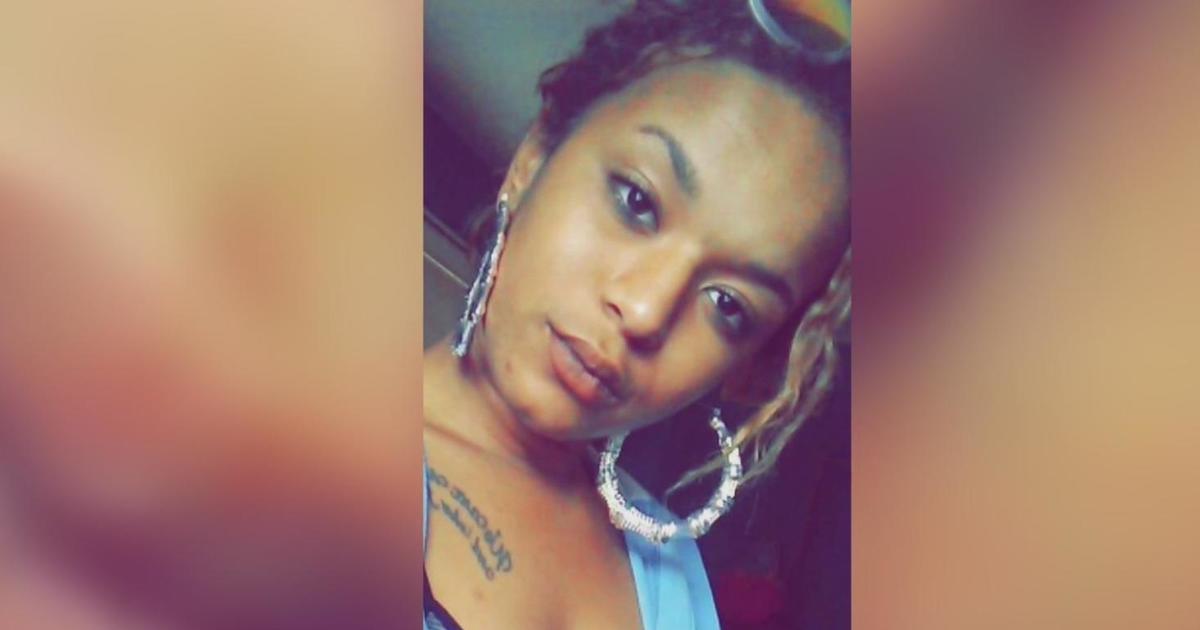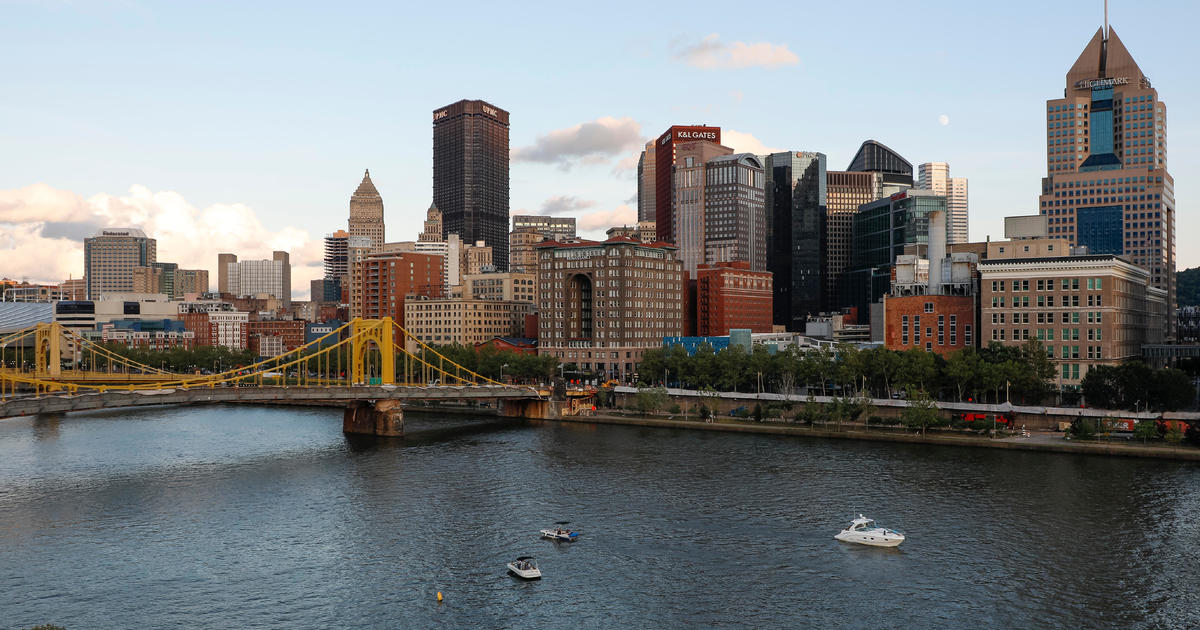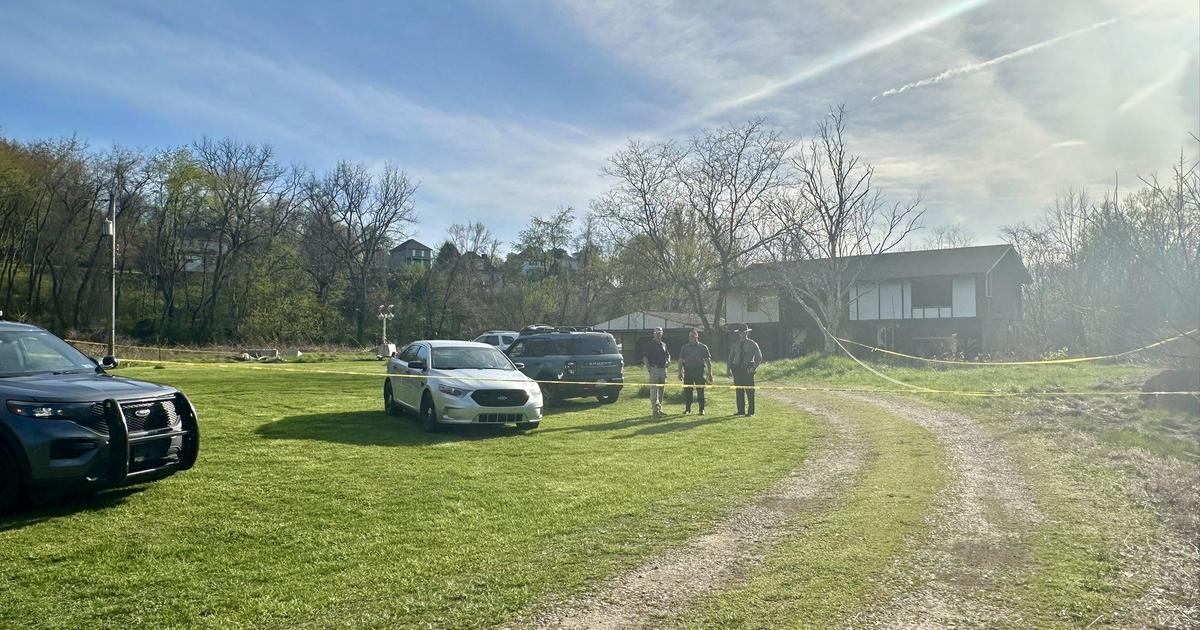'Only By Remaining Divided Will We Stand': How Veteran KDKA Journalist Ken Rice Sees The World Changed By Coronavirus
DISPATCH FROM THE HOMEFRONT:
To maintain social distance in the newsroom, many KDKA staffers are alternating weeks working from home. Here, some thoughts this week from the Rice residence.
Now comes the hard part.
Now the awful images of overburdened hospitals aren't coming from an ocean away, they're coming from a few hours away.
Now, it's not just Rudy Gobert and Tom Hanks and Idris Elba.
Now it's your kid's friend's mother who's tested positive. Or your neighbor's cousin. Or your neighbor.
Now it's more and more furloughs and layoffs with no clear end in sight and unemployment figures no one's ever seen before.
You're not alone if you find yourself feeling nostalgic for another time, a few weeks ago.
When this started, there was almost an element of adventure to it, like preparing for one of the camping trips we used to take the kids on when they were younger. OK, we're gonna rough it. What do we need? No hoarding, just buying enough to allow for less frequent trips out of the house.
Thinking about which groceries can be stocked on shelves or in the freezer. What can we prepare? What can we freeze? Maybe avoid the supermarket crowd and get coffee and paper towels at the office supply store. This isn't so bad, right? Hey kids, dig out the Scrabble and jigsaw puzzles and let's binge watch all those shows everyone's talking about.
If my household is any indication, that "we can do this" spirit is starting to be tested. And we're not alone. Some prominent voices are now saying, enough already. "Let's wrap this up," they urge, ignoring many epidemiologists' warnings that this has barely begun.
Sticking with staying-at-home will require more resolve than we may believe we have. John M. Barry's 2004 bestseller "The Great Influenza" describes how a pandemic that began in 1918 and killed more than 50 million people challenged the discipline of even the United States Army.
"The need for early intervention was well known in 1918," Barry wrote in the New York Times this month, describing the Army's initially cautious efforts to quarantine ill soldiers and keep the pandemic from decimating troops preparing to fight World War I. Over time, though, the troops became sloppy.
"Army camps in wartime failed to sustain compliance," says Barry, "so it will be an enormous challenge for civilian communities in peacetime to do so."
"An enormous challenge." Yes, that's beginning to feel about right. For those of us fortunate enough to have not been sickened by the virus thus far, maybe the biggest frustration is that the impact of our sacrifice and inconvenience is neither immediate nor tangible.
If we're doing this right, people not being infected today will not be infecting others next week. People not being infected this week won't be in the hospital two weeks from now. This isn't about what we make happen, it's about what we prevent from happening.
It's disorienting. But having reported the news for thirty-six years, I assure you that we've recovered from disorienting news before.
On September 11, 2001, tragedy touched my own family. And all of us, suddenly, gained a haunting new sense of vulnerability.
In 2008, it seemed the very foundation of our economy could crumble.
And in 2018, the massacre at the Tree of Life synagogue shook us out of any notion that it couldn't happen here.
Early on, reporting each of those stories, I can remember feeling like things would never be right, would never feel right, ever again.
I was wrong.
Yes, we've been changed. Struck dumb but wisened. Hardened, yet more sensitive to each other. Frightened, but enlightened.
Thirty-six years of reporting tells me that when the news is scary, learn from it. When it's difficult, grow from it. And when it seems unending, know that it's not. "This is not forever," I keep telling myself, my kids, the mail carrier, everyone.
The world, at this moment, does indeed feel upside down. It won't always. But our fate right now may rest on what we continue to not do.
We should probably get used to such inverse thinking. After all, we are not in this together. Our hopes of returning to normal, this time, rest on our remaining apart. And only by remaining divided will we stand.
